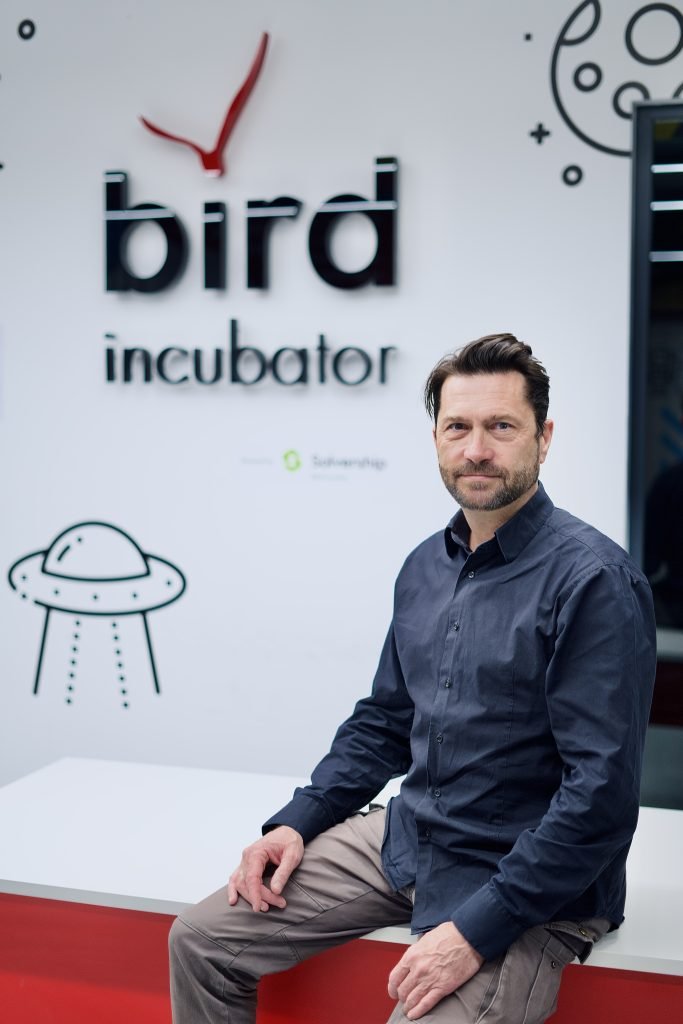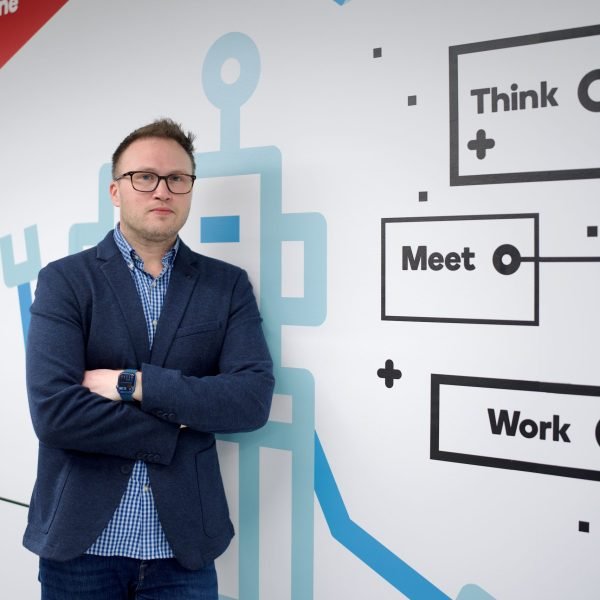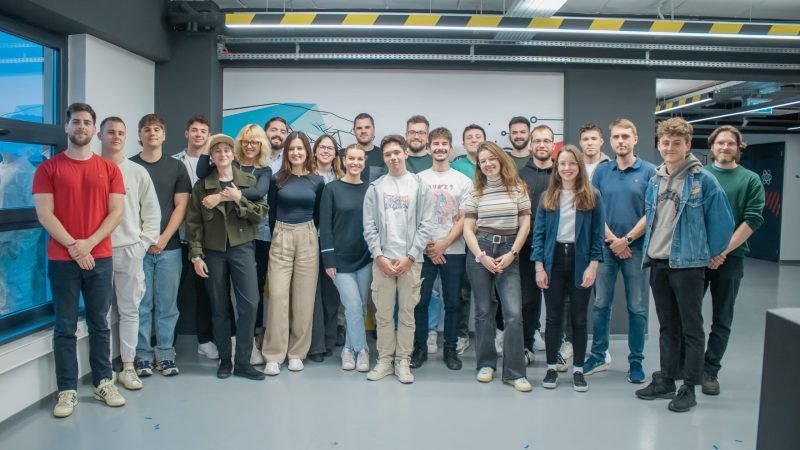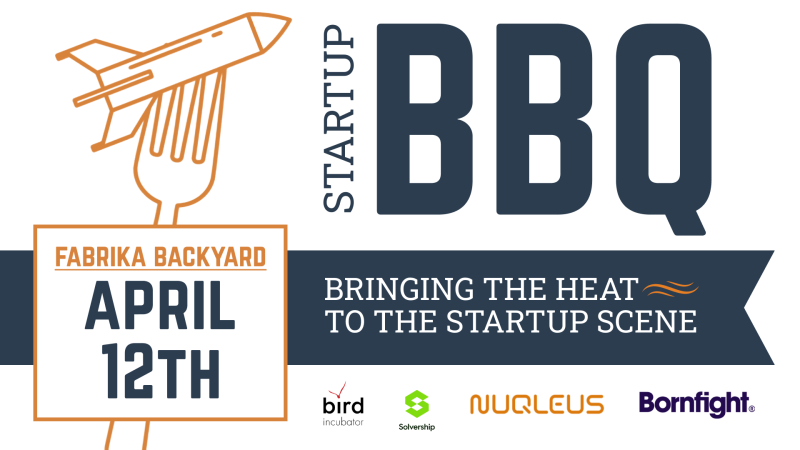In today’s fast-paced world, technology is reshaping industries, yet some sectors, like coffee, have been slower to embrace it. Businesses must adapt to stay competitive, as digitalization is now more than a luxury—it’s essential for growth.
Coffee Cloud serves as an example of how technology can transform even the most traditional industries. Let’s dive into the key lessons startups can learn from the challenges Coffee Cloud faced and how those lessons can apply to your startup.
Tech Adoption is a Competitive Necessity, Not a Luxury
Traditional coffee shops were slow to adopt technology. Coffee Cloud recognized the opportunity to modernize operations by creating a smart system that could address challenges like inconsistent sales, machine maintenance, and customer demand prediction. The Coffee Cloud system integrates IoT (Internet of Things) technology, enabling real-time data collection and analysis to ensure efficiency and consistency in coffee production.
Lesson #1: Identify Specific Operational Gaps Where Technology Can Add Value
Rather than adopting technology for the sake of it, identify exact pain points within your operations where tech can make a measurable impact. For example, Coffee Cloud was able to solve issues like machine downtime and sales forecasting by integrating IoT, which helped improve efficiency and reduce costs. Startups should focus on solving real operational challenges, whether it’s through automating workflows, improving customer experience, or enhancing data accuracy.
Transform Traditional Operations with Smart Technology
Many industries resist change, but businesses must adapt to evolving consumer demands. Coffee Cloud revolutionized the coffee-making process by integrating technology that tracks machine performance, barista efficiency, and cleaning schedules in real time. This digitalization helps businesses maintain high standards of service and operational efficiency.
Lesson #2: Build Systems with Real-Time Feedback Loops
Smart systems that provide real-time data are invaluable for ensuring your operations run smoothly. By using IoT, Coffee Cloud created an automated system that allowed coffee shops to track everything from machine performance to employee efficiency. For startups, leveraging real-time data not only streamlines operations but also allows you to respond quickly to customer needs or operational issues. This could range from monitoring inventory levels to assessing customer feedback.

Data is Your Startup’s Most Valuable Asset
Coffee Cloud uses real-time data to monitor machine performance, track sales, and predict customer demand, ultimately driving smarter business decisions. By leveraging data collected through IoT, Coffee Cloud ensures consistency in coffee quality and optimizes machine use, all while reducing waste and increasing profitability.
Lesson #3: Start Collecting and Analyzing Data Early
Even if your startup is still in the early stages, collecting meaningful data from day one can have a huge payoff. Coffee Cloud used data to track coffee sales versus machine output, offering insights into sales inefficiencies and inventory needs. Early-stage startups should focus on gathering data on customer behaviors, sales trends, and product performance, which can later be analyzed to improve operations, refine marketing strategies, and optimize pricing.
Scalability Through Smart, Integrated Systems
As startups grow, scalability is crucial. Coffee Cloud’s design is flexible, enabling it to work with various coffee machines, which makes it easier for businesses to scale without needing separate systems for different machines. The system’s ability to grow with businesses while maintaining efficiency is a key strength.
Lesson #4: Build Scalable Solutions from the Start
Startups often fail to scale due to choosing non-scalable systems early on. Coffee Cloud’s system could be integrated with any coffee machine, allowing for a flexible solution as businesses expanded. Similarly, when choosing tools or platforms for your startup, focus on scalable solutions that grow with your business, whether it’s an accounting tool, customer relationship management (CRM) system, or a marketing automation platform.
The Role of Partners and Investors in Tech Integration
Pitching technology-driven solutions to investors requires demonstrating how the tech will drive growth. Coffee Cloud’s integration of IoT and real-time analytics was key to securing investment. Investors see value in businesses that use technology to solve real problems and have scalable potential.
Lesson #5: Emphasize Tech Integration in Your Investor Pitch
When approaching investors, focus on how technology will drive growth and operational efficiency. Coffee Cloud’s ability to integrate IoT and AI into its system was a clear selling point to investors. Similarly, startups should showcase how their tech-driven solutions will enhance scalability and solve market problems—both of which are key factors investors look for when considering startups.






















